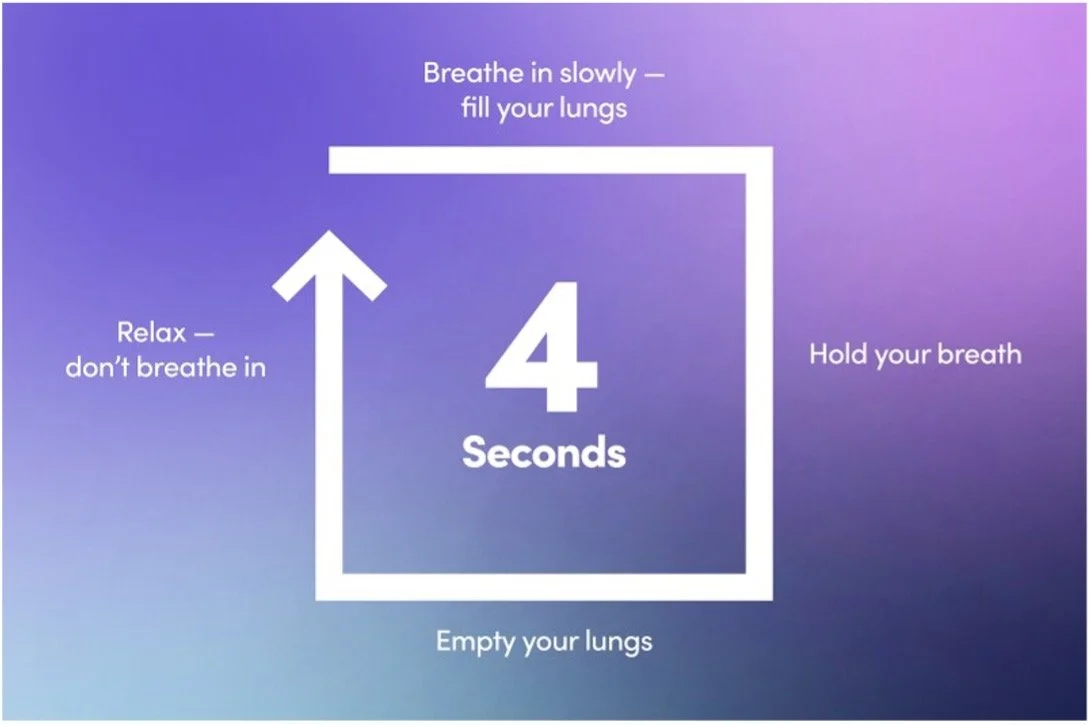If the idea of starting a new job leaves you feeling overwhelmed and nervous, you’re not alone. According to a poll released by Forbes in 2023, 59% of people surveyed have experienced loss of sleep due to new job jitters, plus a staggering 65% reported feelings of imposter syndrome. Here are my tips and tricks to make sure your first day, isn’t the worst day!
Familiarise yourself with your new environment
A good trick to boosting your confidence ahead of day one is feeling extra prepared. Research your route to work ahead of time, get clear directions of where you’re heading and, if you can, scope it out before you start. You may find it helpful to explore the areas surrounding your new office ahead of your first day. This will put your mind at ease through avoiding unnecessary speculation and can also be a really helpful way of locating the best spot to buy a coffee ahead of your first day on the job.
Clearly define your goals and keys to success
Ask the right questions. For example, how will success be measured in my role? What are the targets/KPIs that I should work towards? Take the opportunity to learn from those who have been where you are. Perhaps ask your colleagues or manager; “If you could go back to when you’d just started, what would you have done differently and why?”. Embrace this fresh start as an opportunity to learn from your new team. Having clear cut expectations will provide the clarity you need to feel focussed and confident.
Socialise with your colleagues
Two weeks into my new role at Gembridge, dancing up a storm with my new colleagues at the FIA conference! (left to right: myself, Dawn Patrick & Michelle Varcoe).
Reality is (if you’re working full-time), you’re going to be spending more time with your new colleagues than some of your friends and family members. To maintain a positive synergy within a new team, it’s integral to build a good foundation. This can be gained easily through lunches, coffee runs or attending work related events together. Keep an open mind and spend some time outside your comfort zone. Don’t be afraid to build personal bonds within your team whilst maintaining a positive professional relationship.
Be yourself
Pretending to be something that you’re not will do you no favours. Masking in an effort to fit in will not only burn twice as much of your energy, it’ll also inhibit your ability to build connections. So, ignore the imposter syndrome and be yourself. When we are our most authentic selves, we are naturally less stressed and more confident, allowing room to form genuine connections and discover commonalities. Share your interests and hobbies! You, like me, may be lucky enough to learn that your colleagues are also big fans of 80’s fantasy movies or crime podcasts.
Consider your learning style
The four most common learning styles are:
Visual: Absorbing information through things like graphs, charts and data.
Auditory: Think lectures, podcasts and presentations.
Reading and writing: Think books, studies and articles.
Kinaesthetic: Think hands-on work, shadowing other team members and learning through collaboration.
If you’re aware of how you learn, your manager may find this helpful when it comes to your training and professional development. When starting a new job, we often feel pressure to pick things up as quickly as possible. Avoiding a one-size-fits-all approach to your learning may help you feel confident that you’re absorbing new information efficiently and thoroughly.
Check in with your systems (and be adaptable)
Something that worked in your last position may not work in your new organisation. Or, through observing the workflows of your new colleagues, you may pick up tricks for keeping yourself organised and efficient. Be open to new processes! For me, this has meant integrating dynamic to-do lists with the help of iMastery’s Better Ways of Working course. Through embracing opportunities to adapt and learn, you can enhance your productivity and efficiencies rather than being held back by prior processes that aren’t applicable within your new workplace. Don’t be afraid to ask for tips! At Gembridge, we frequently chat through our “Frustration Stations”, elements of our processes or platforms that we’d like to understand better or alter to better suit us. This creates an aura of both collaboration and continual improvement.
Keep an eye on your wellbeing
Box breath: a powerful but simple technique to calm your nervous system.
Starting a new job isn’t easy. Humans don’t love change, we’re creatures of habit. But reality is it’s unavoidable and often your next big win is hiding on the other side of change. Whilst you adjust to your new routines and environment, keep a keen eye on how you’re feeling. Learning new things can be quite fatiguing, so don’t push yourself too hard and make sure you’re maintaining healthy habits. Integrating tools like breathwork and exercise into your routine can help stabilise your nervous system and keep burn out at bay. My personal favourite is box breath (pictured).
In Summary
You’ve got this! Our brains have this fun habit of fixating on the worst-case scenario in an effort to protect ourselves from danger. Keep this in mind as you work your way through this big transition in your life. Don’t be afraid to challenge negative thoughts and remember to be extra kind to yourself as you adapt to a new routine. If you clearly define your goals and keep your expectations in the realm of reality, you’ll be a seasoned pro in no time!
Related readings: Improving productivity and output, Imposter syndrome, Managing energy




